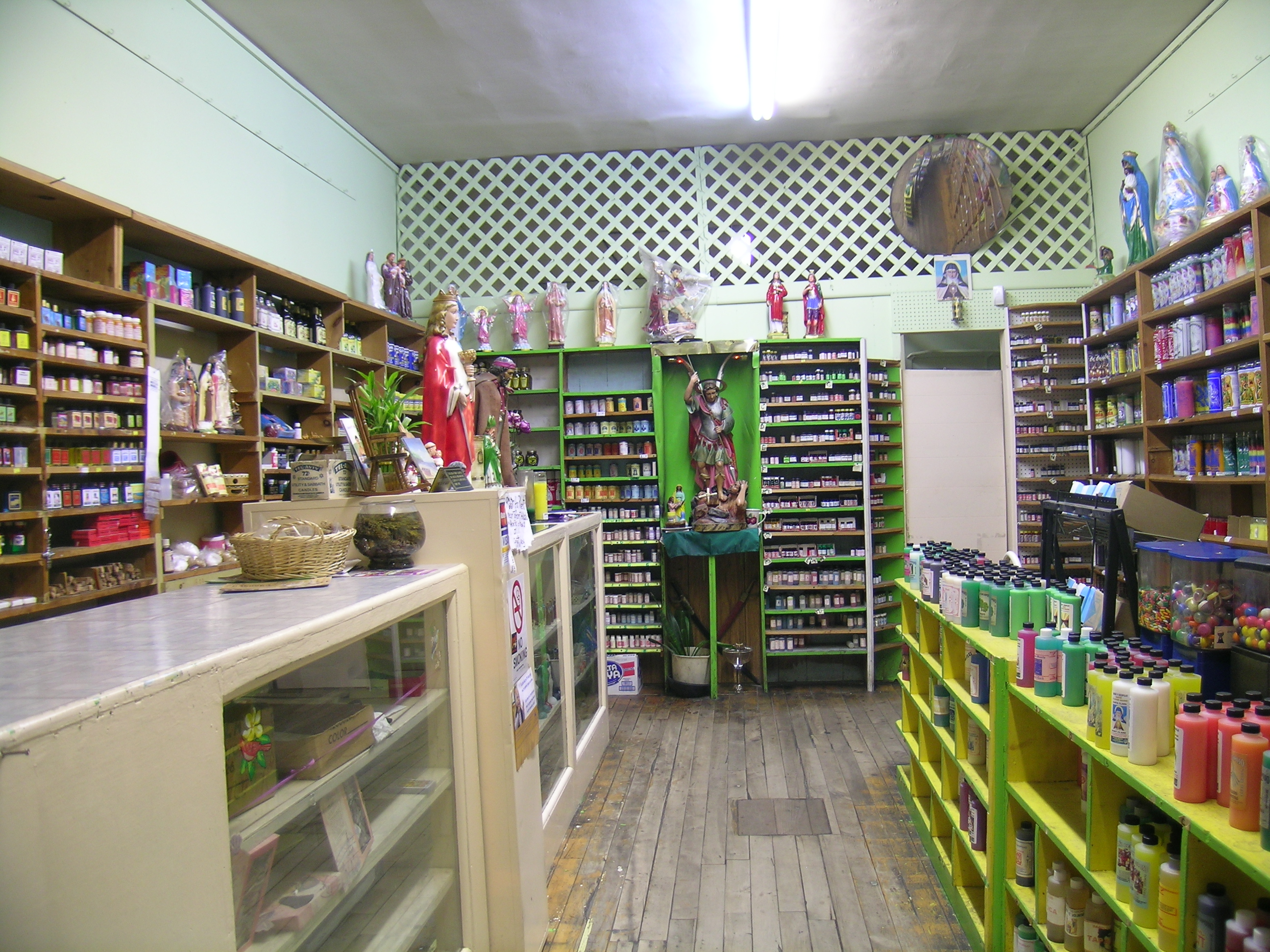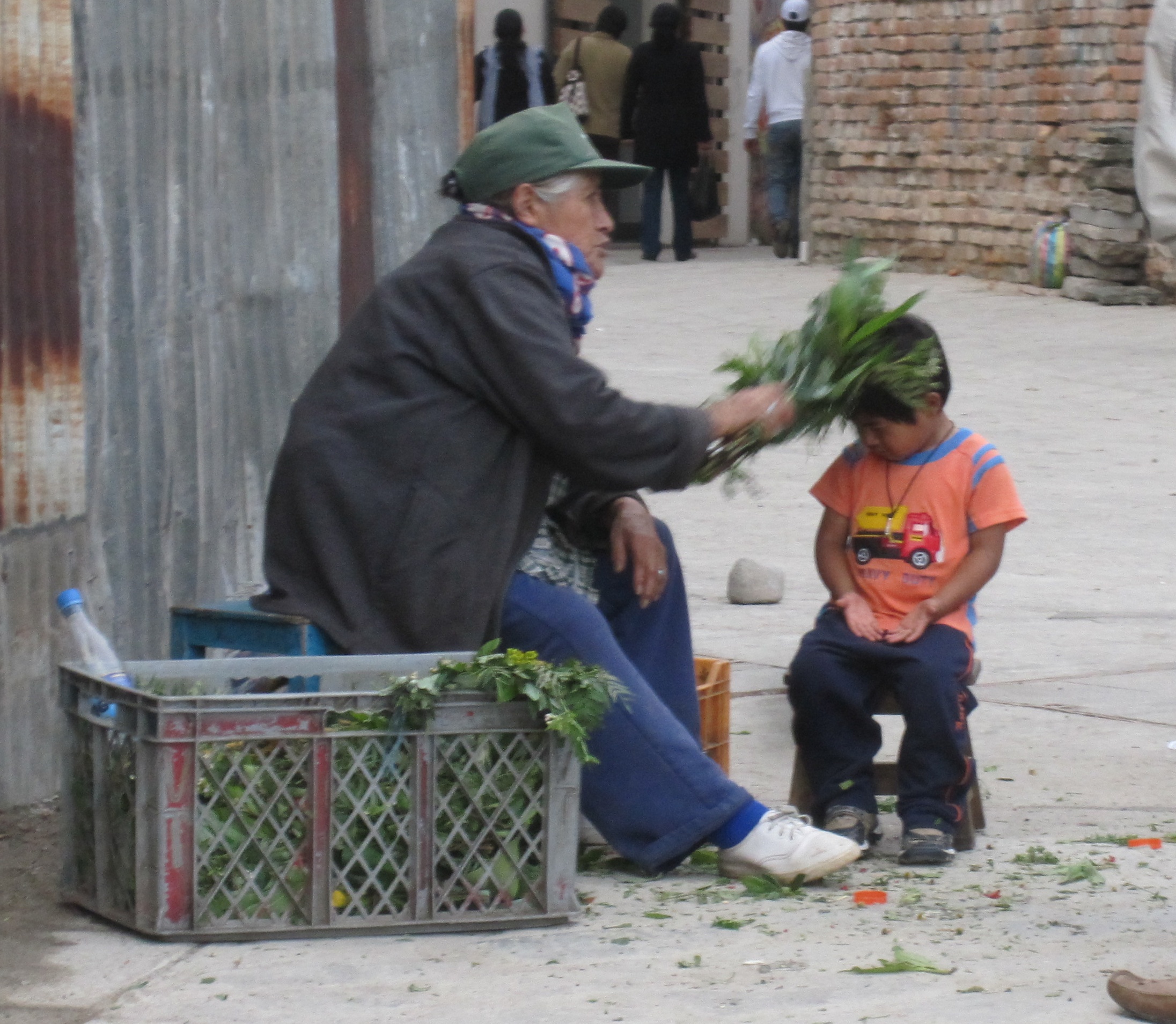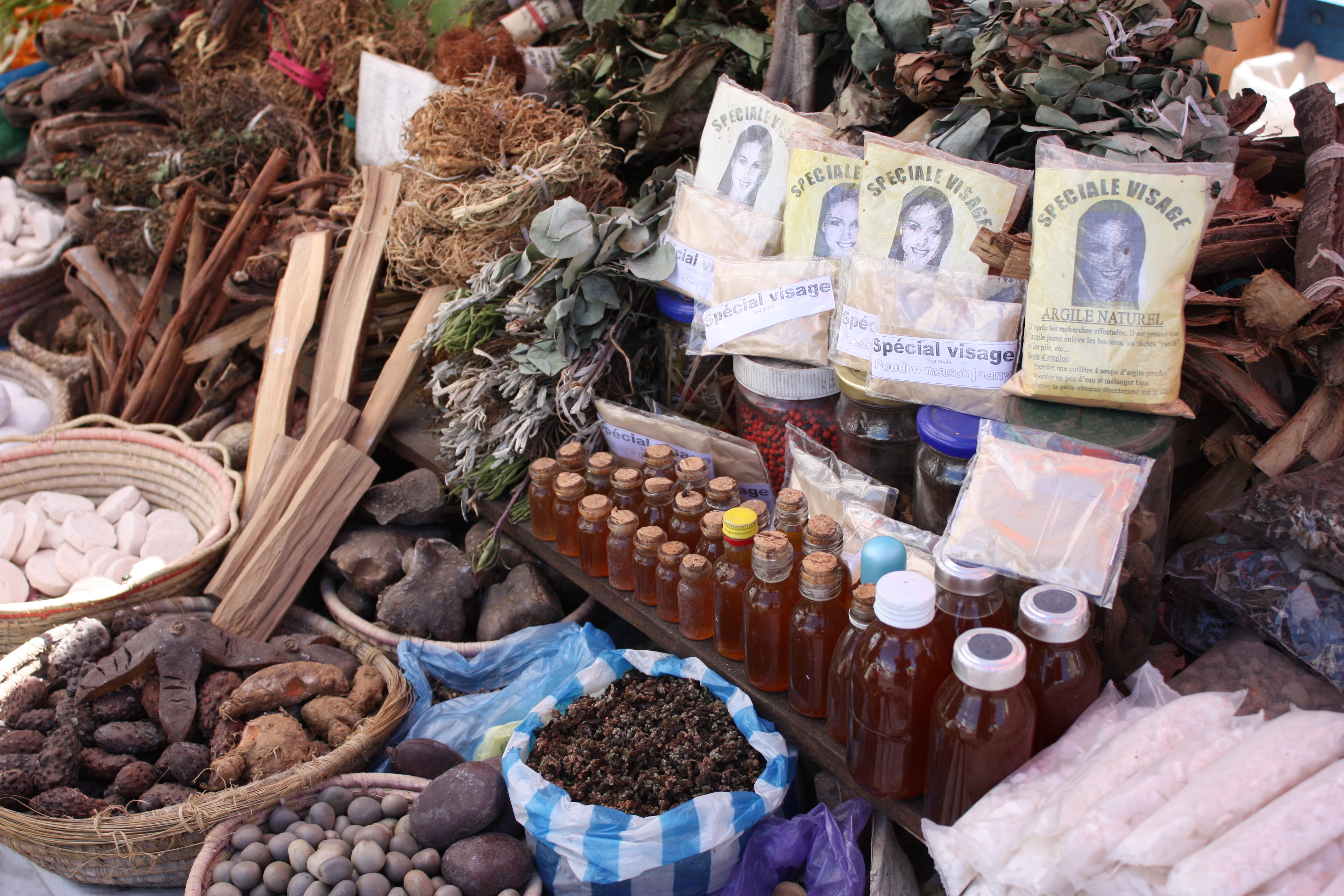Traditional medicine
Enlarge text Shrink text- Phone call, Dec. 14, 1992, to American Anthropological Association.
- MESH(Medicine, Traditional with ref. from Ethnomedicine, Folk medicine, Indigenous medicine, and Medicine, Primitive)
- Phone call to NLM, Jan. 13, 1993("traditional medicine")
- LC data base, Jan. 13, 1993("traditional medicine, folk medicine, ethnomedicine, indigenous medicine, and ethnic medicine")
- Phone call, Dec. 14, 1992, to American Folklife Center(Folk medicine is still the preferred term in folklore, but they do not object to the change)
- 97-72868: Old-time home remedies, c1998.
Traditional medicine (also known as indigenous medicine or folk medicine) comprises medical aspects of traditional knowledge that developed over generations within the folk beliefs of various societies, including indigenous peoples, before the era of modern medicine. The World Health Organization (WHO) defines traditional medicine as "the sum total of the knowledge, skills, and practices based on the theories, beliefs, and experiences indigenous to different cultures, whether explicable or not, used in the maintenance of health as well as in the prevention, diagnosis, improvement and treatment of physical and mental illness". In some Asian and African countries, up to 80% of the population relies on traditional medicine for their primary health care needs. Traditional medicine is a form of alternative medicine. Practices known as traditional medicines include ancient Iranian medicine, Ayurveda, Ifá, medieval Islamic medicine, Muti, Rongoā, Siddha medicine, traditional African medicine, traditional Chinese medicine, traditional Iranian medicine, traditional Korean medicine, and Unani. Scientific disciplines that study traditional medicine include herbalism, ethnomedicine, ethnobotany, and medical anthropology. The WHO notes, however, that "inappropriate use of traditional medicines or practices can have negative or dangerous effects" and that "further research is needed to ascertain the efficacy and safety" of such practices and medicinal plants used by traditional medicine systems. Its "Traditional Medicine Strategy 2014–2023" said that the WHO would "support Member States in developing proactive policies and implementing action plans that will strengthen the role traditional medicine plays in keeping populations healthy".
Read more on Wikipedia >
 Topic
Topic






